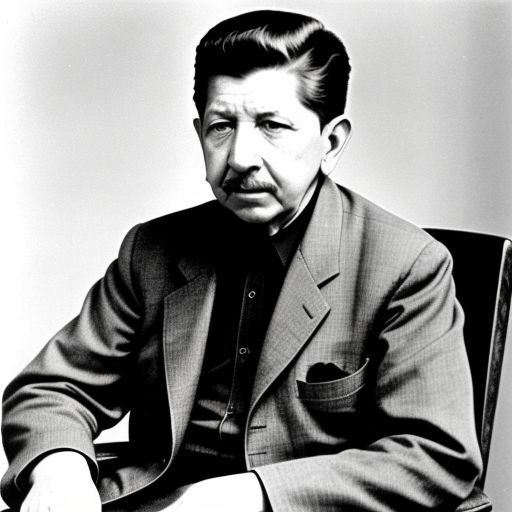Tapping into the Pyramid: Exploring the Influence of Abraham Maslow on American Psychology
Abraham Maslow on American Psychology
The science of human behavior is an ever-evolving discipline where dynamic thinkers often pave the way. Abraham Maslow, the celebrated American psychologist, is undoubtedly one such transformative thinker who brought a refreshing humanistic perspective to the study of human nature. His pioneering works and theories like the “Hierarchy of Needs” continue to impact various disciplines, including education, management, marketing, and mental health therapies.
As we unravel Maslow’s life and contributions to American psychology, readers can gain a deeper appreciation of the ubiquitous influence of his perspectives. We also aspire to spark your curiosity about the broader context of psychology.
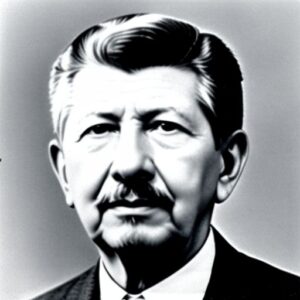
Journey to Renown: Understanding Abraham Maslow
Born in 1908, Abraham Harold Maslow grew up in a challenging socio-economic setting. Facing racial discrimination and parental pressure, Maslow’s early struggles played a part in shaping his later theories of self-actualization and overall human potential. Through his journey, you’ll find how personal experiences often shape the lenses through which psychologists view the world.
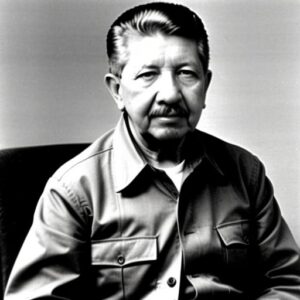
Early Life and Higher Education
Maslow’s early life was far from smooth. As the first of seven children born to Jewish immigrants in Brooklyn, New York, he had a difficult childhood. His father’s push for academic success was a source of extreme pressure. Despite these challenges, Maslow pursued higher education at City College of New York, later transferring to Cornell before finalizing his studies at the University of Wisconsin.

His key influencers during his university years included leading psychologists such as Harry Harlow, known for his studies on maternal separation and social isolation with Rhesus monkeys. Experiences and interactions like these would later inspire Maslow to contemplate the human potential deeply.
Professional Strides and Recognition
Maslow taught at Brooklyn College and later, Brandeis University. His active involvement in humanistic psychology led to his recognition as one of the founders and key players in the movement, earning him the phrase “Father of Humanistic Psychology.” This period sparked the development of his best-known work, “The Hierarchy of Needs”.
The Hierarchy of Needs – A Redefining Theory
Abraham Maslow introduced a fresh lens to view human motivation and personality. His Hierarchy of Needs posits that humans are motivated by a series of needs, disparate but interconnected.
Fundamentals of the Theory
According to Maslow, human needs are categorized into five levels:
- Physiological needs: Basic survival needs like food, water, and shelter.
- Safety needs: Security, stability, and freedom from fear.
- Love and belongingness need Relationships, friendship, and family.
- Esteem needs Recognition, respect, and self-esteem.
- Self-actualization needs the Pursuit of personal growth, fulfillment, and realization of potential.
He asserts that these needs follow a hierarchical order. Lower-level needs must be met before individuals can address higher needs in the hierarchy.
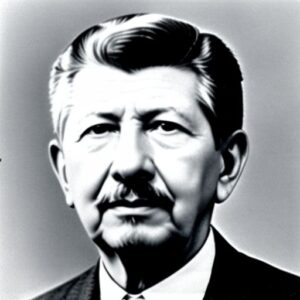
Impact on American Psychology and Beyond
This innovative model reshaped the field of psychology, propelling a shift from a pessimistic view of human nature towards an optimistic one highlighting human potential. It brought attention to the psychological studies of healthy, thriving individuals rather than merely focusing on pathology.
Moreover, Maslow’s theory transcended psychology, influencing business management and motivating marketers to understand consumers’ needs better while also inspiring educationalists to create supportive environments that enable students to fulfill their potential.
Maslow Beyond the Psychology
While best known for his Hierarchy of Needs, Maslow’s influence didn’t stop with psychology. His theories’ multidimensional impact fed into domains as diverse as business, education, healthcare, and marketing.
A New Age for Business
He revolutionized managerial practices by arguing that employees are not just economic beings driven by money, but their motivations are multi-dimensional. Maslow’s theories prompted a more empathetic approach toward employees, considering their holistic needs.
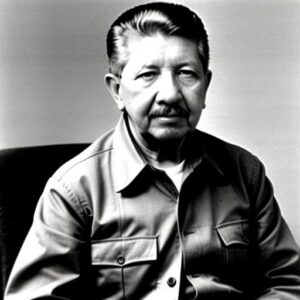
Innovating the Education and Healthcare
Maslow’s theories influenced educators to understand students’ diverse needs, facilitating more effective educational methods. In healthcare, doctors and therapists incorporated his ideas into their practices, engaging patients more fully in the healing process.
Conclusion: The Enduring Legacy of Abraham Maslow
The story of Abraham Maslow’s journey unveils how a single individual can reshape a discipline’s landscape and permeate its influence across other areas. His ideas tell us that studying the human mind isn’t just about understanding illness or resolving issues – it’s about understanding what allows humans to live fulfilling, meaningful lives.
“What a man can be, he must be. This need we may call self-actualization.” – Abraham Maslow
Maslow taught us an essential lesson: to focus on potential, not just problems. His positive outlook on human nature continues to inspire professionals in various fields, reminding us to value individual motivations and potential.
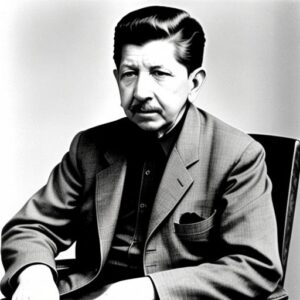
The days of Maslow are ancient, and yet, his legacy illuminates the halls of American psychology and beyond. They serve as landmarks in the journey to understanding human behavior and motivation and embolden explorers to mark their paths. (Abraham Maslow on American Psychology)
Learn More-Unlocking the Health Secrets of TrendZ Guruji.me
